Herman and Candelaria Zapp never imagined when they set out on a six-month road trip to drive from Argentina to Alaska that they’d arrive back home more than 17 years later.

READ MORE: Top 17 travel destinations to visit in 2017
Their journey has taken them to 73 countries, across six different continents, into the homes of 2,500 welcoming strangers, and along the way, the couple has picked up more than just souvenirs.
Herman and Candelaria welcomed four kids into the world during various stops on the map, including Canada.
“Seventeen years on the road, four kids born along the way, we are not planning very well,” Herman jokes during a stop in Barcelona. “If we would have planned, it shouldn’t have taken more than two years to go around the world.”
READ MORE: Staycation, sustainable tourism among top travels trends for 2017
The notion of globetrotting while raising a young family would be enough to make most parents a little road-weary.
“Before we started, we never thought it would be possible to travel and build a family,” he says. “But it was such a blessing to be able to do that.”
The Zapp’s, who did it all while touring in a vintage vehicle nearly 90 years old, call the adventure a “dream.”
READ MORE: Why a family chose to drive an 89-year-old car around the world
“The idea was six months … It looked like enough time to go to Alaska and come back and have a family, and have kids and have a normal life,” he says from an auto shop where the family’s 1928 Graham-Paige was getting a tune-up and having the wooden spokes on its wheels inspected.
But six months into their 12,000 km journey, the $4,000 they started with was quickly running out, and they were stranded in Ecuador, which was experiencing a financial crisis and rapid inflation.
Determined to continue their trek to the northernmost reaches of North America, the couple desperately looked for ways to make money.
“It was such a wonderful thing,” Herman now remembers. “My wife started watercolour painting and we started framing them.”
Having never sold anything before, the exercise in survival was an epiphany for the couple.
“If we can make it here in Ecuador in this situation, we can make it anywhere,” he recalls thinking. “We knew we would find a way to make some money,”
That has been the Zapp’s mentality for the last 17 years.
That humble approach was enough to get Candelaria, Herman and their car on a raft from Ecuador to Peru, down the Amazon River and to the rest of the world.

Get breaking National news
Nearly four years after they originally set out, the couple and their first child, Pampa, who was born in Greensboro, N.C., arrived in Prudhoe Bay, Alaska.
READ MORE: Best time to buy and when to fly to land cheap travel deals
But the growing Zapp family was not ready to settle into normal life.
Following a short return home, the Zapps headed back out on the road and didn’t look back.
“A mountain after a thousand mountains, is just another mountain. A beach after a thousand beaches, is just another beach. But the people we meet are unique, and that’s what matters.”
The nomadic family quickly welcomed their second son, Tehue, in 2006.
“It was such a blessing to be able to do that because we enjoyed each pregnancy,” Herman remembers, saying the freedom they had allowed Candelaria and himself to enjoy “every kick.”
During the family’s second trek through Canada in 2008, they gave birth to their lone daughter, Paloma – the only Canadian in the family – who was born in Nanaimo, B.C.
“Wherever she is, and whenever she finds a Canadian, she’s so proud to mention she’s Canadian,” Herman says of his daughter.
READ MORE: Canada’s best credit cards to rack up travel rewards points
He admits to experiencing some stress during the birth of his daughter, despite having the “best midwife on that side of Canada.”
“We were so afraid about how much it would cost,” Herman recalls, saying that they had very little money at the time.
Aware of their financial situation, their midwife charged just $120 to cover her travel costs.
Herman says it was just one of the many examples of kindness they’ve experienced during their travels.
“When we crossed from Prince Edward Island to Vancouver Island, I think we slept only five nights on our own,” Herman said. “All the other nights were in other people’s homes.”
He also recalls rolling into Ottawa in his broken-down car, and a man welcoming Herman and his family in for dinner.
“We don’t have seven wonders of the world, we have seven billion wonders of the world.”
It’s these kinds of generosity that the Zapps hope will have a lasting impact on their children.
“That’s the most beautiful gift that we’re giving to them,” Herman says, who believes the interactions his kids have with people of different religions and backgrounds has made them more well-rounded.
“If you take them out there, they’ll begin to feel more confident about the world.”
“We should not teach them to be afraid. We should teach them to take some risks … we should build people who are adventurous, who will discover, who like to change things,” he says.
“Let’s take some chances and let’s make a different and a better world.”
That idealism is embodied by the couple’s oldest son, who is often asked to speak at public engagements about his unusual experience of growing up a global citizen during stops in their travels.
“I get to go to new places, make new friends … for me it’s normal,” Pampa, who has lost count of how many countries he’s been to, says. “It feels like a normal life.”
Aside from being the holder of three passports and struggling to identify with a particular nationality, Pampa’s perception of normalcy is no more skewed than any other 14-year-old’s.
Pampa receives homeschooling from his parents, along with his siblings, and in his spare time makes comedy videos with his brother.
“I got a YouTube channel,” he says emphatically, suggesting film could be of interest to him in the future.
He doesn’t necessarily see himself raising a family while travelling around the world. But he does know what he wants to be when he grows up.
“When I’m bigger, what I want to be is happy.”
For Herman, that’s all he’s ever wanted for his children.
“One day when they have a dream, they will not be afraid of that dream,” he says. “They know their dream can be made possible and their dream can be achievable.”
“I don’t see places, I see people.”
But for now, the family’s seemingly endless dream journey is coming to an end.
They have reached Europe, the final continent on their world tour.
“The idea was to go around the world, not to travel forever,” Herman says.
He admits that he is eager to return to Argentina to see family that he has missed over the nearly two decades he’s spent on the road.
But he remains unsure how he and his wife will react to being home.
There are plenty of places Herman says he still wants to see, but added that he only has one dream left to accomplish, and that’s helping make other people’s dreams come true.
“We have more than a million friends around the world who would love to be part of your dreams,” he says. “So let’s share and make dreams come true one-by-one.”
The family supplements the generosity they receive on the road by selling copies of their book, “Spark Your Dream,” from the roof of their car.
The tale of their first journey became a bestseller in 2005 in their native Argentina, and they have since published 11 editions as their journey has stretched on.
alex.maveal@globalnews.ca
Follow @AlexMaveal









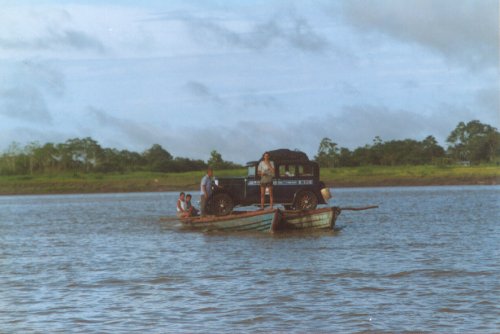









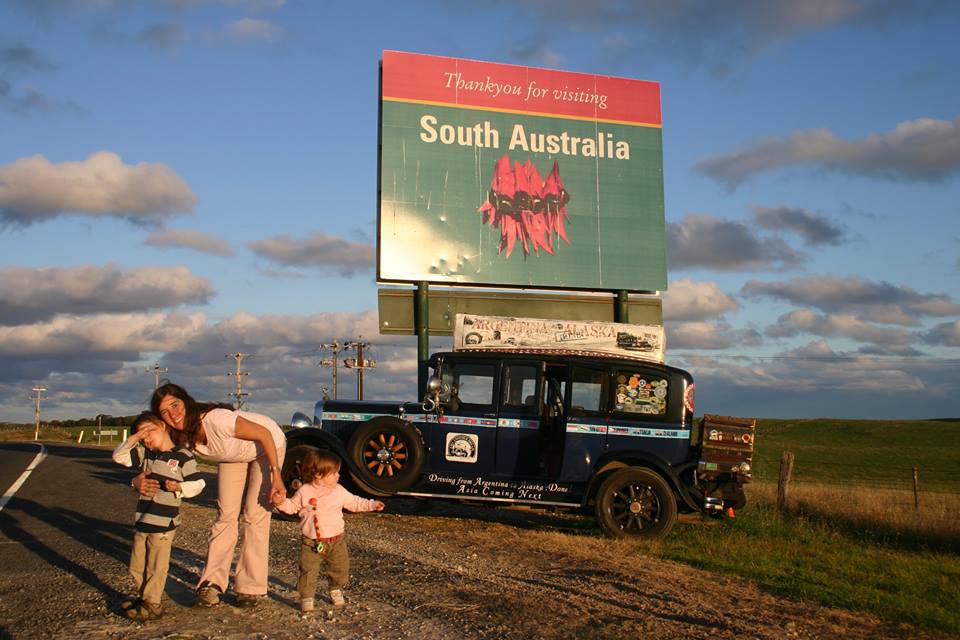







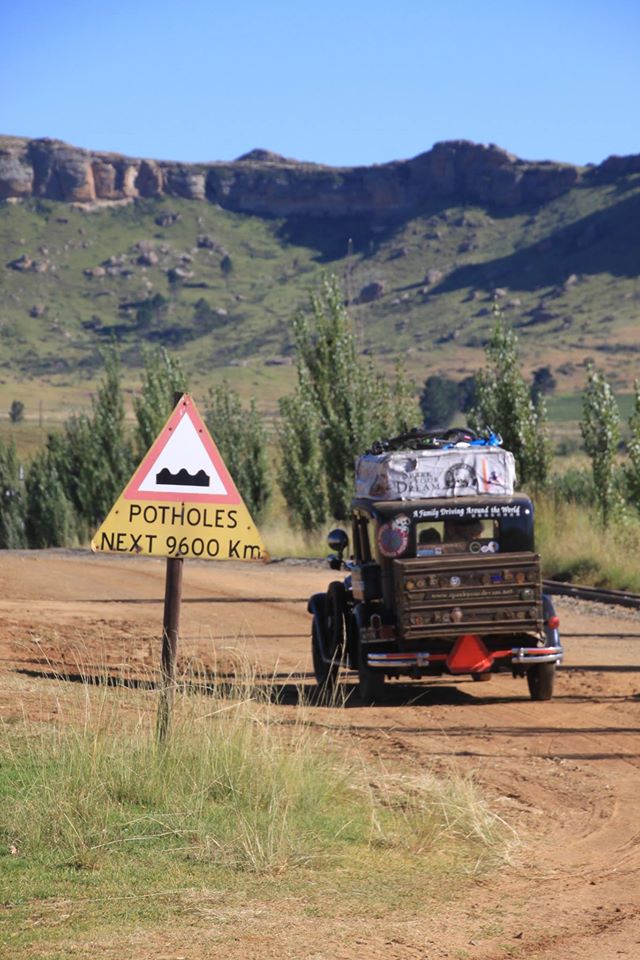

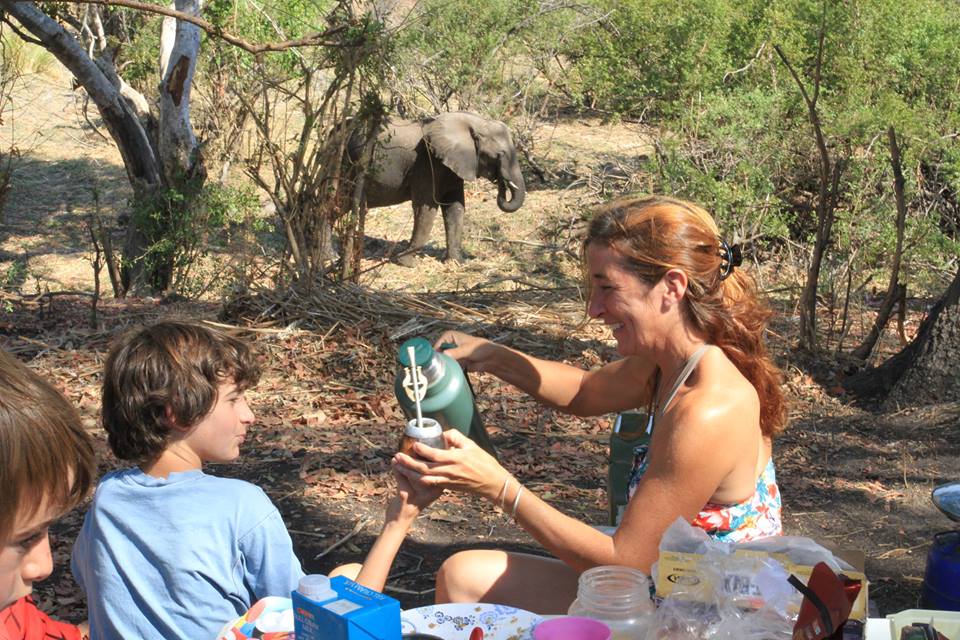

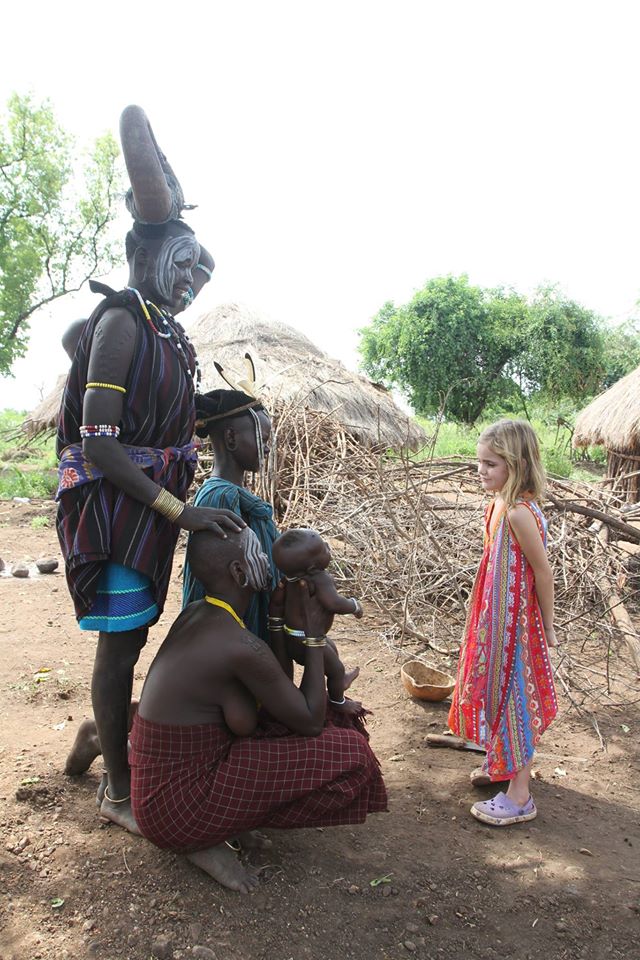

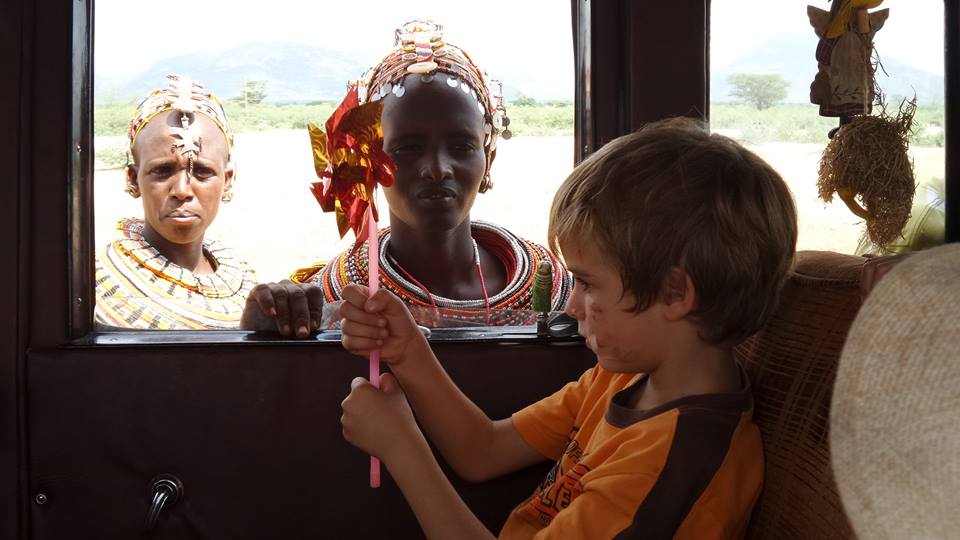

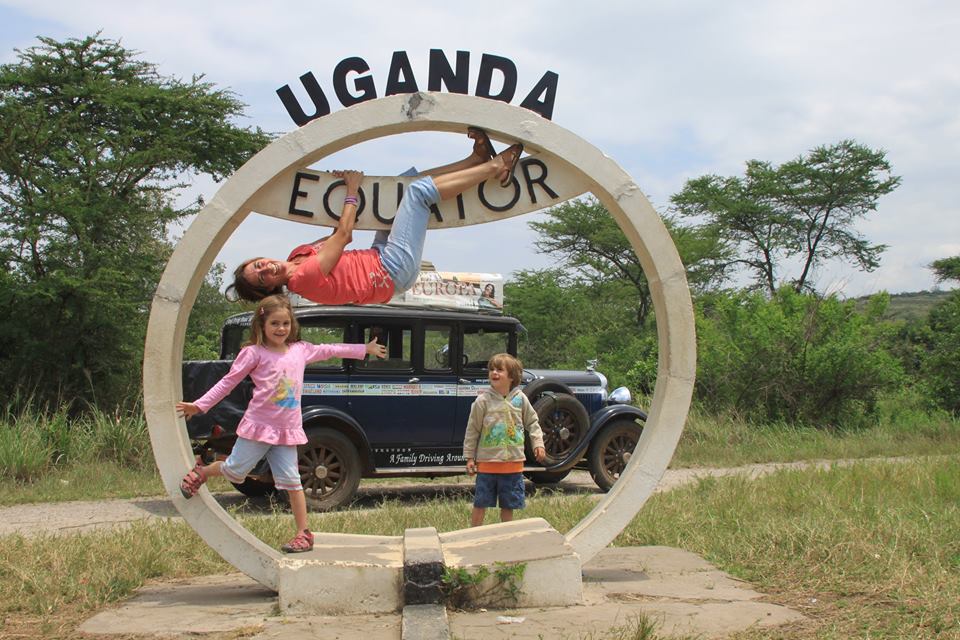











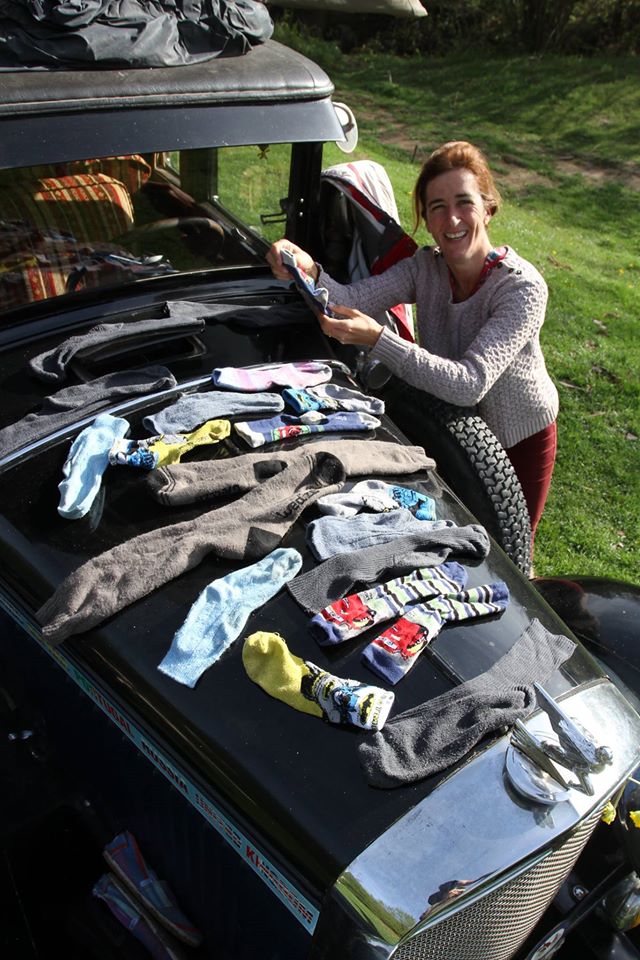








Comments